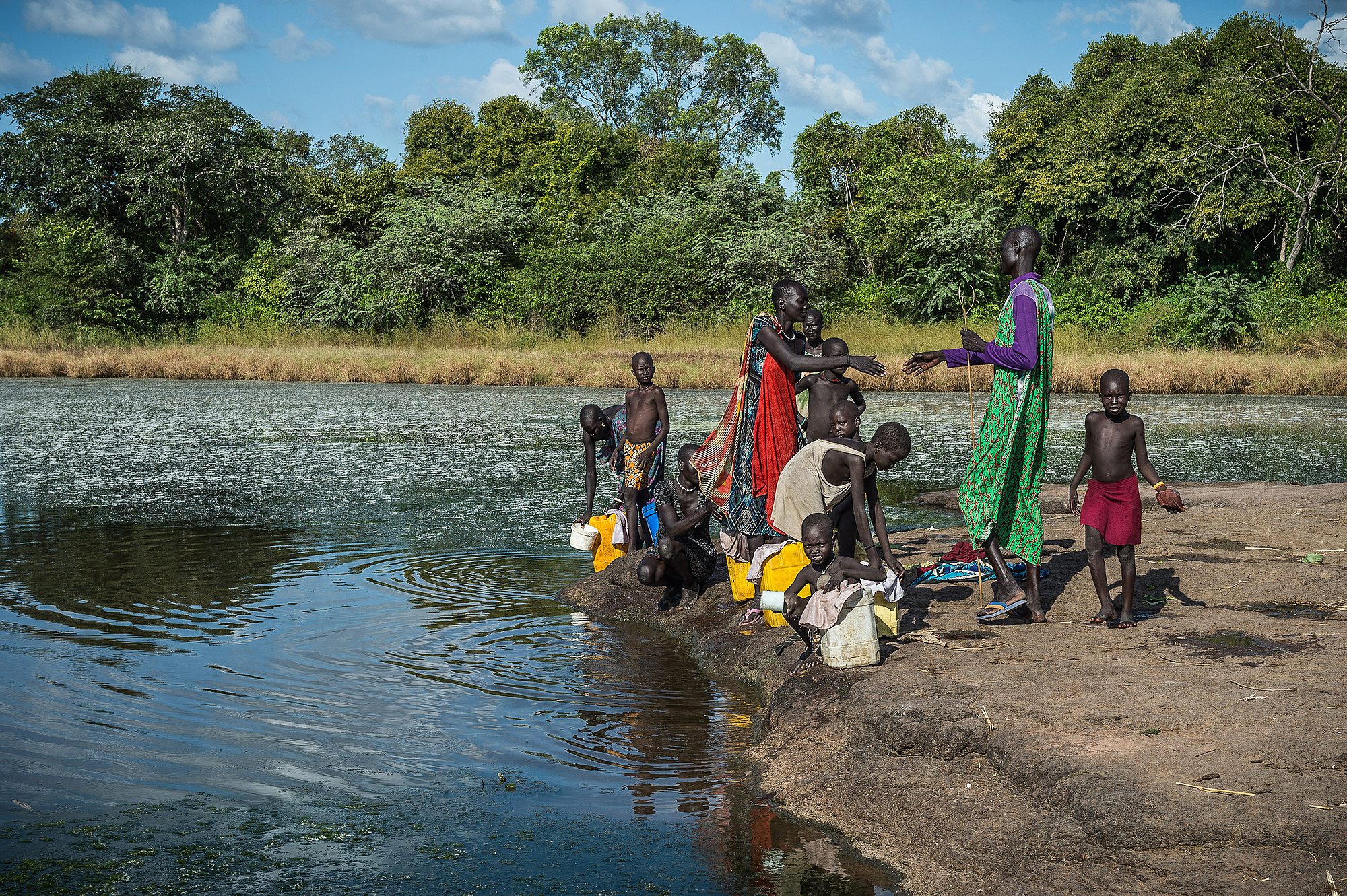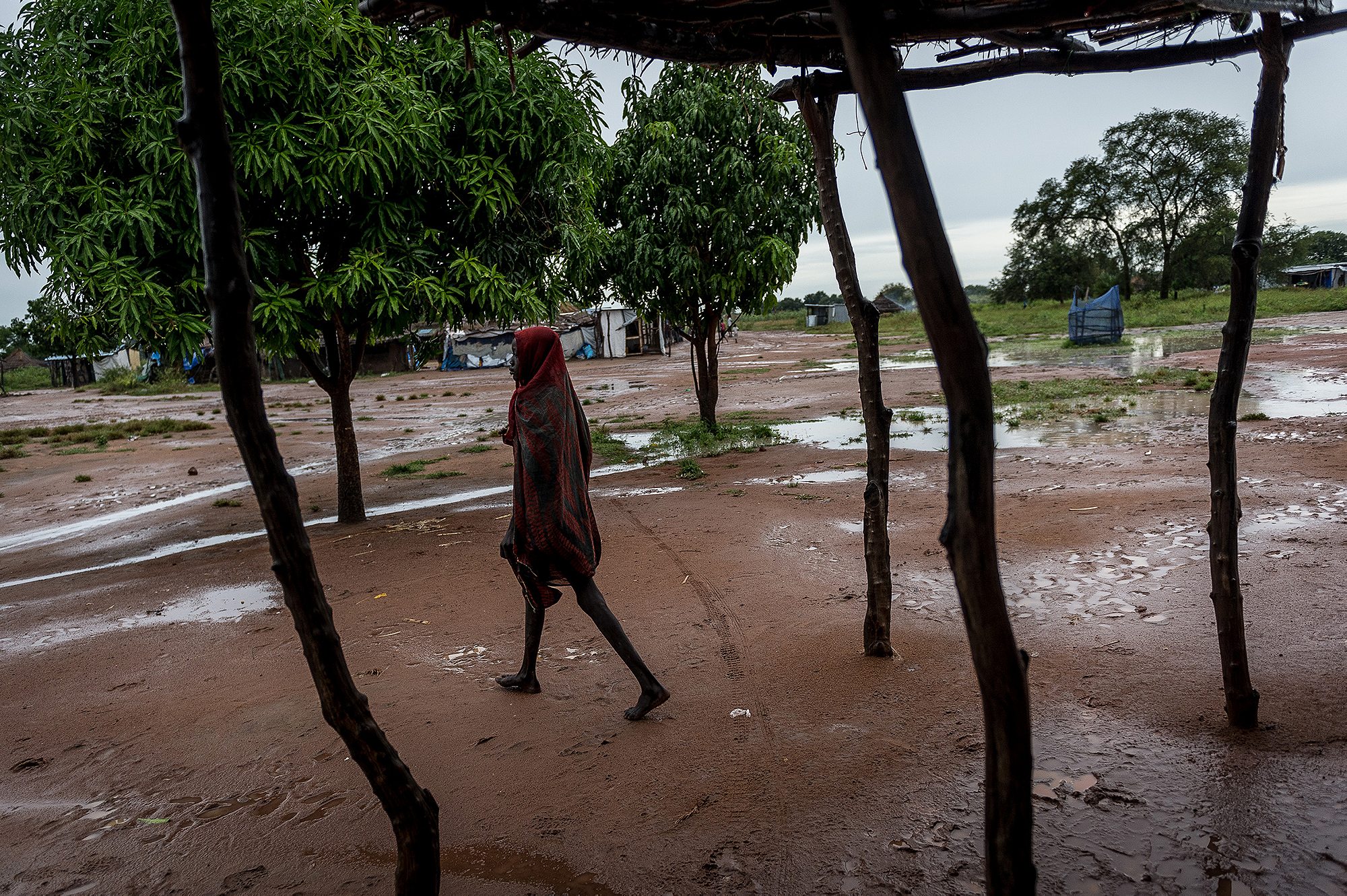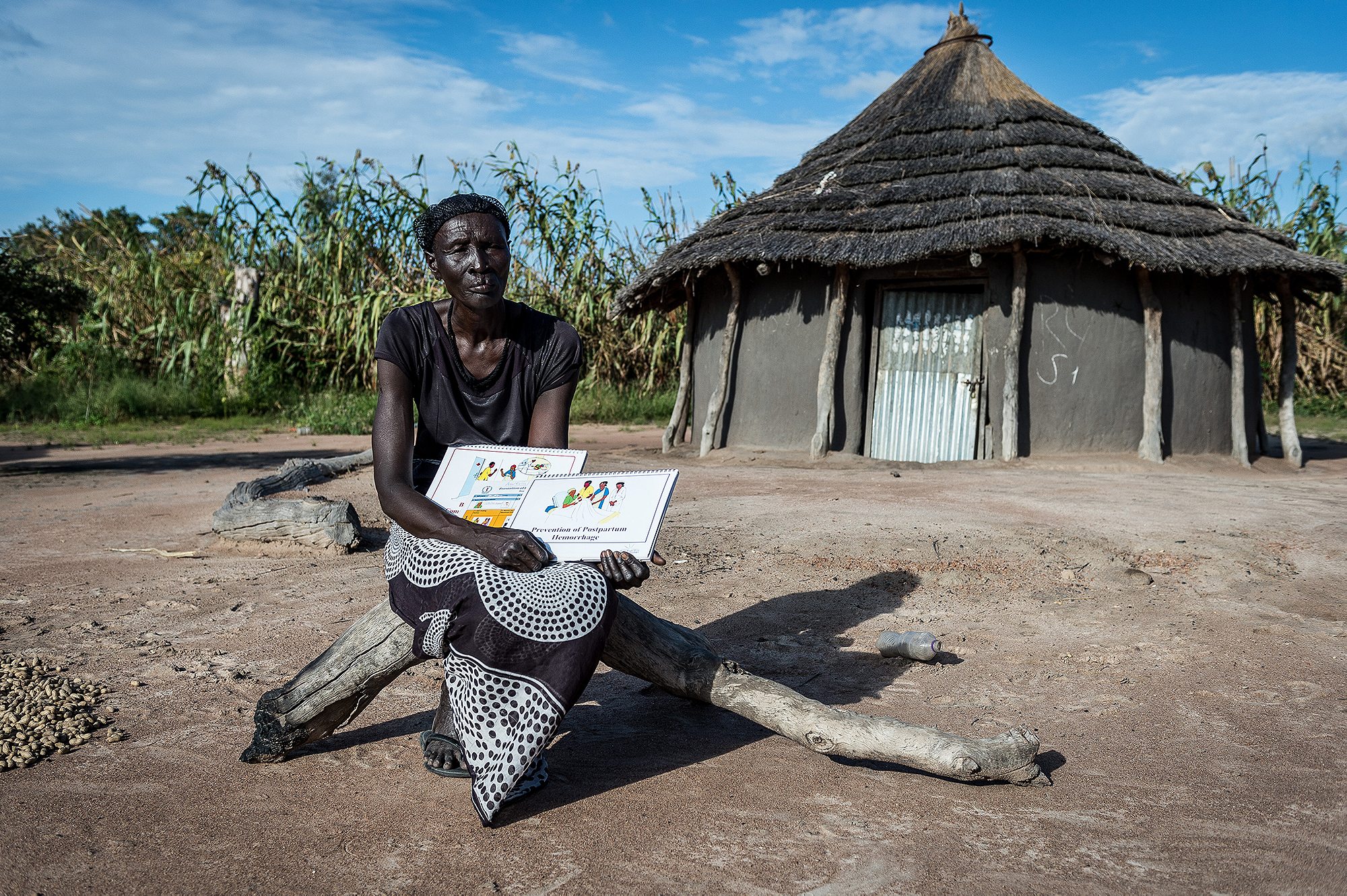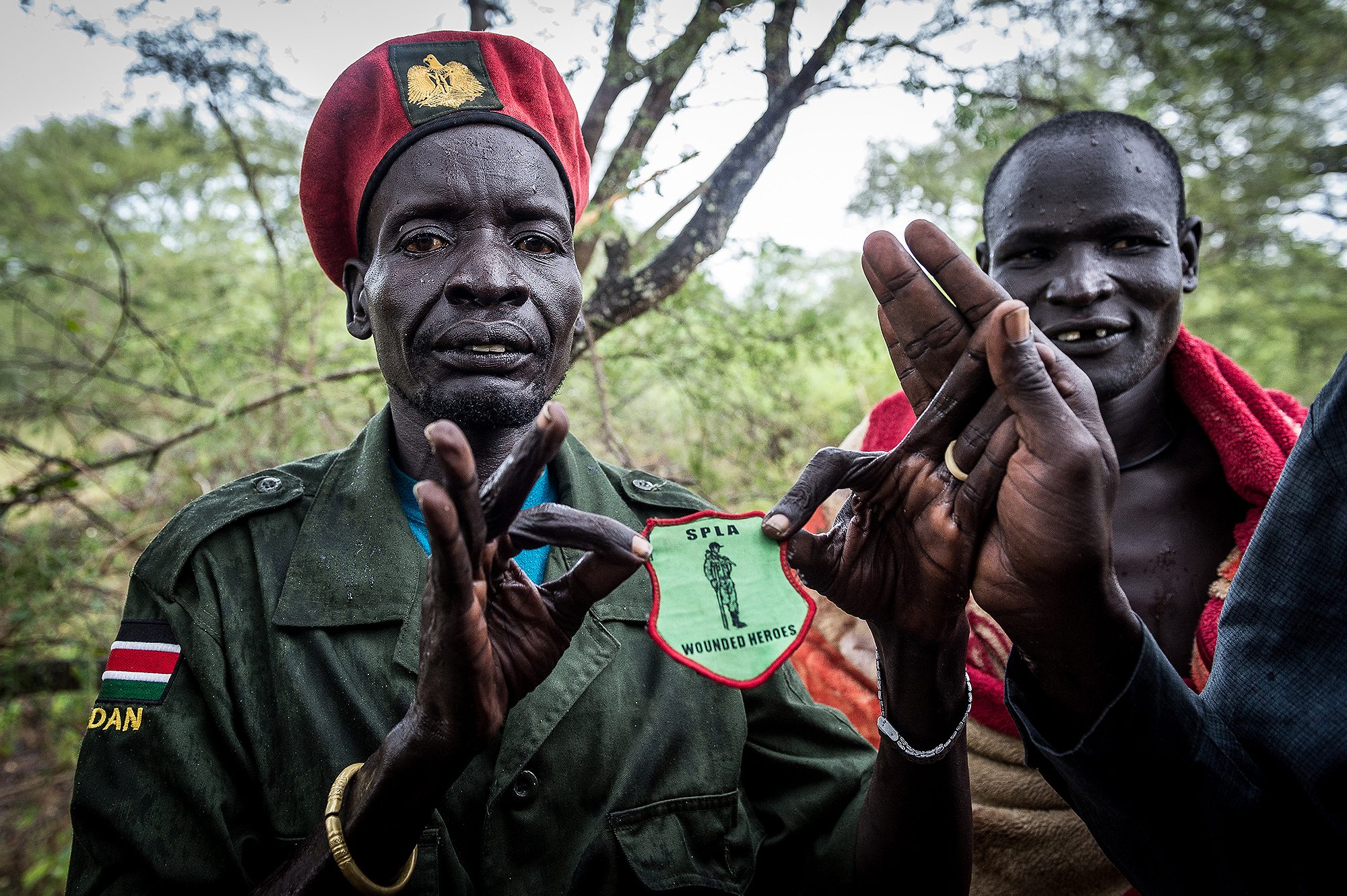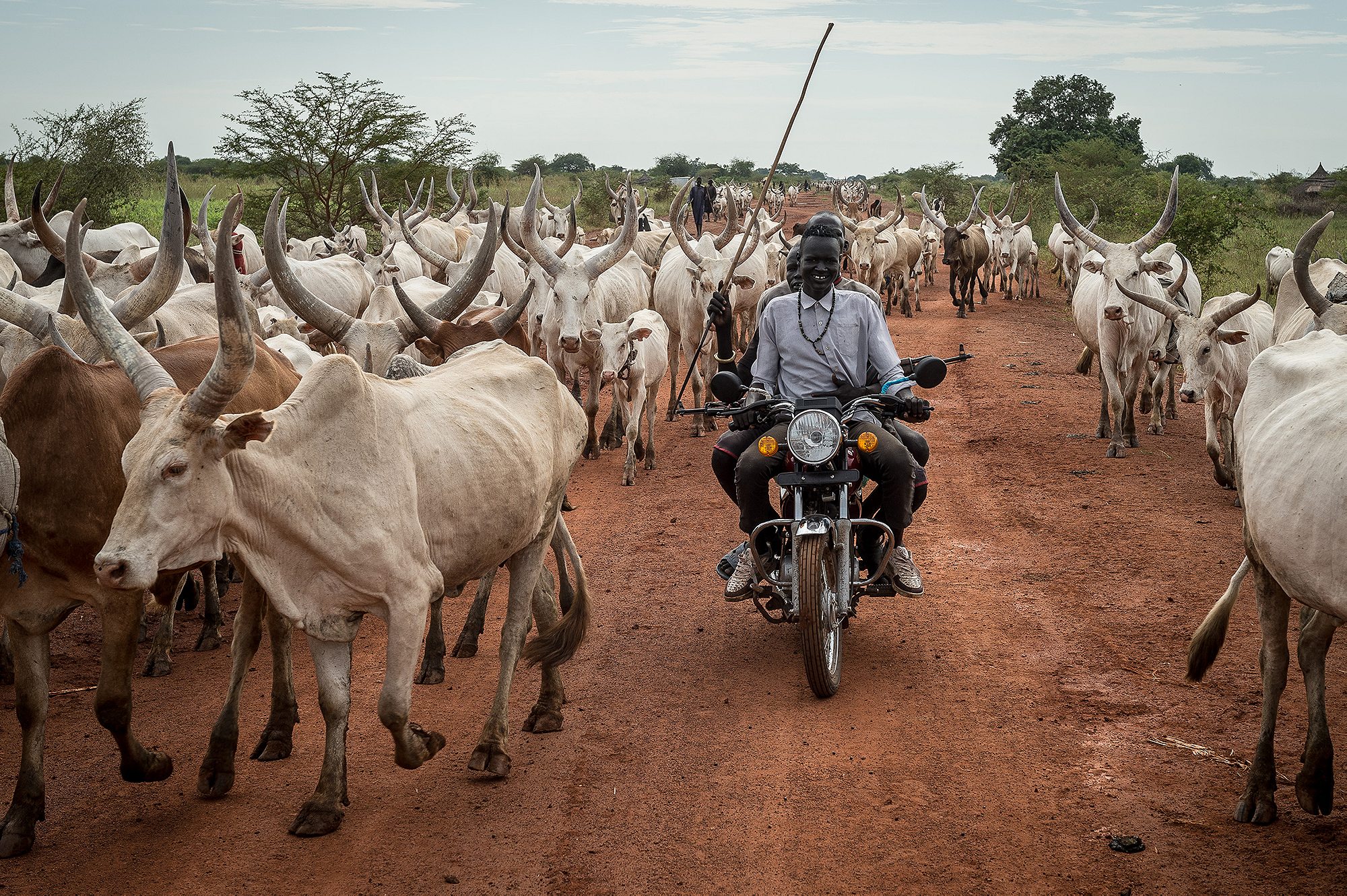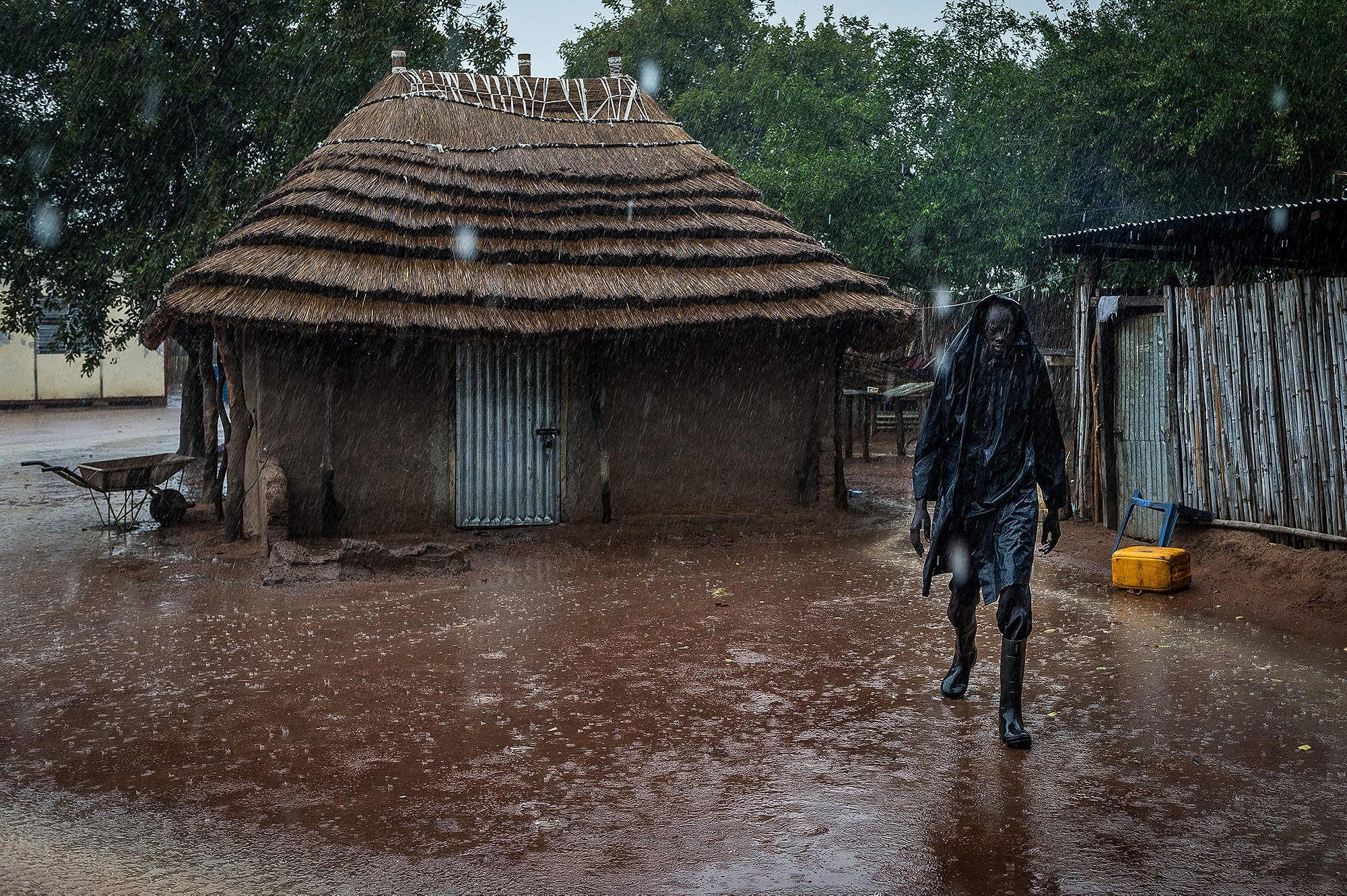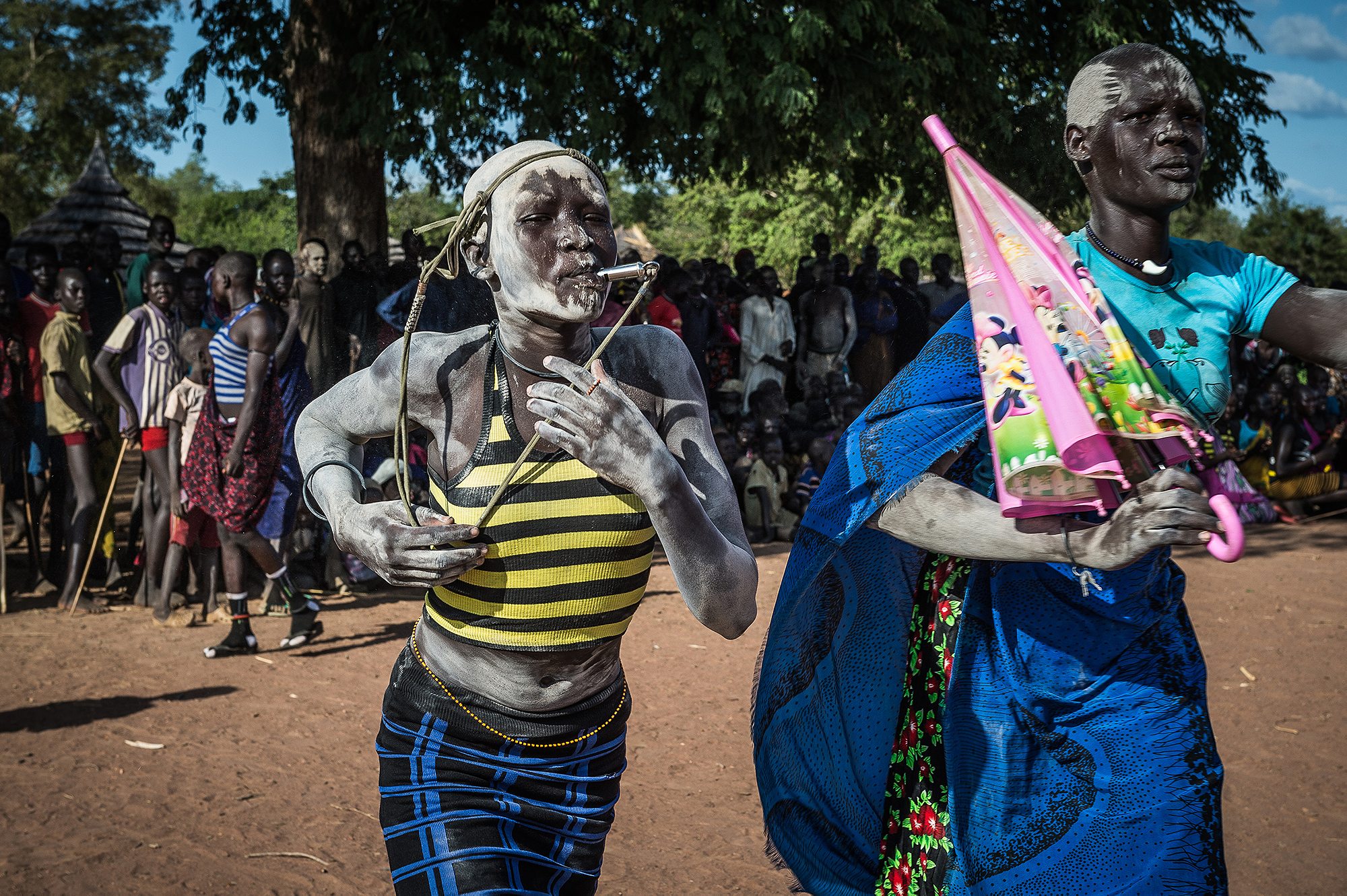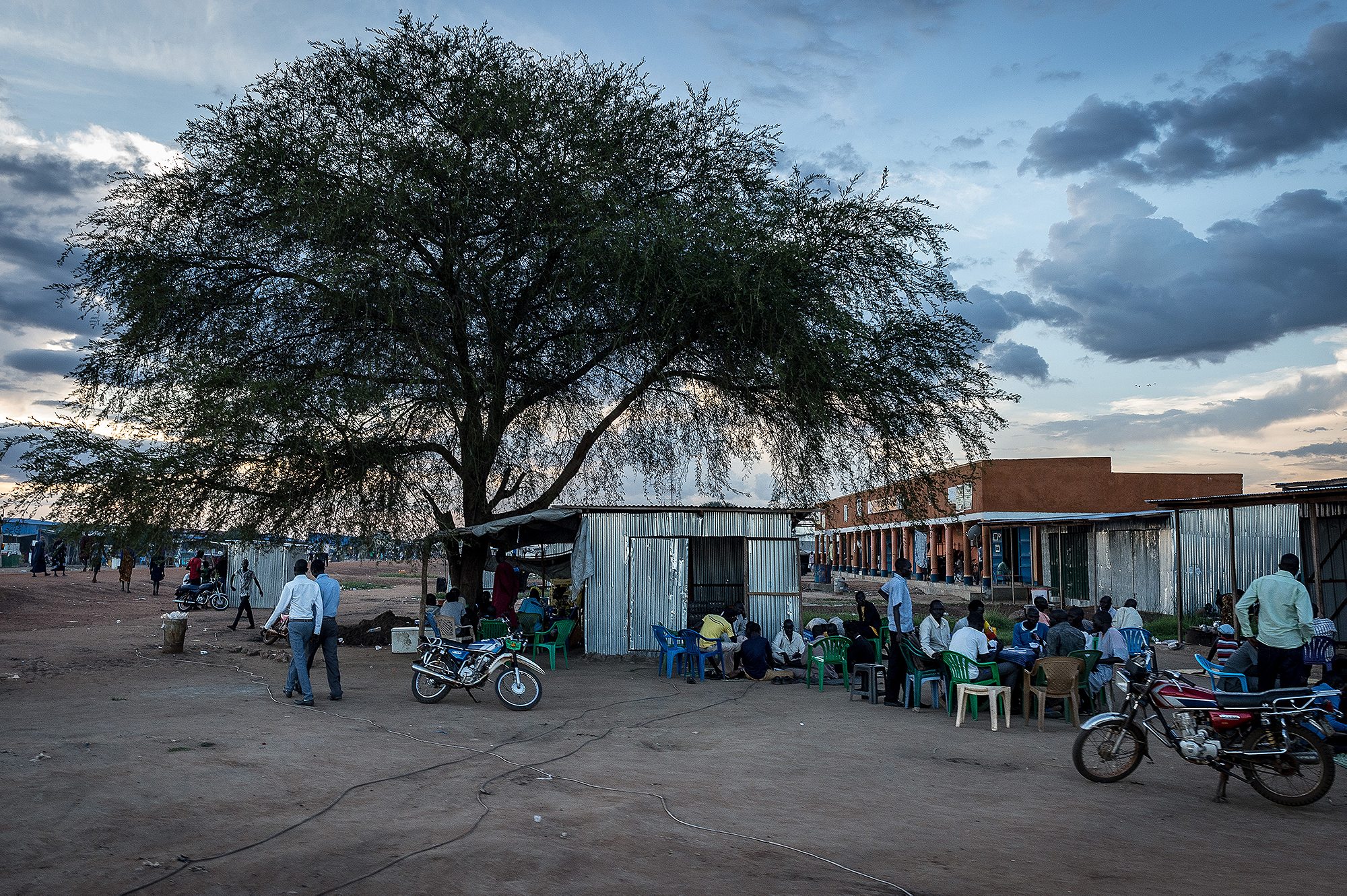South Sudan, the world’s youngest nation, has finally emerged from a two-year civil war. Can either side win the peace?
The war is over. At least that’s what some say. After two years of fighting, millions displaced, and tens of thousands killed, the Intergovernmental Authority on Development’s November announcement came from a Sheraton hotel room 600 miles away from where the war began.
But today, on the two year anniversary of the outbreak of violence in South Sudan, unnamed rebel groups still ravage the country, the rebel leader has yet to arrive in Juba to form a transitional government, and 30,000 people face starvation in Unity and Upper Nile state. Animosity and fear still dominate the relationship between Dinka and Nuer ethnicities, and the entire nation remains on edge, knowing one misstep could plunge it back into violence.
Photographer Alessandro Rota was in South Sudan last month to document the toll exacted by two years of civil war. Working alongside the Italian NGO Comitato Collaborazione Medica, he visited camps for internally displaced persons in Abuyung village to document life and death there.
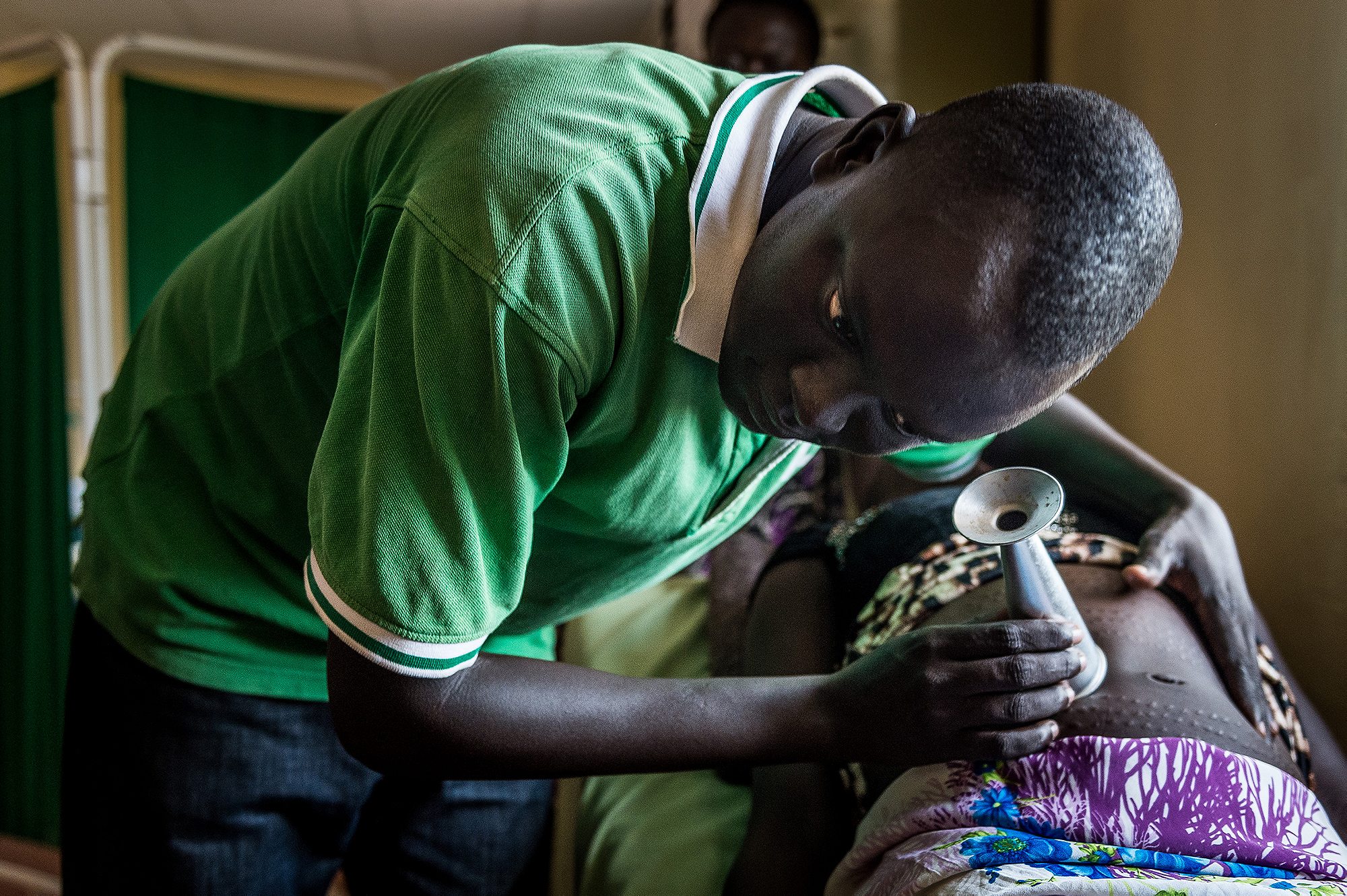
The South Sudanese civil war began on the outskirts of the capital, Juba, when President Salva Kiir, an ethnic Dinka, accused his Vice-President and former nemesis Dr. Riek Machar (an ethnic Nuer) of attempting a coup. Over the following three days, tens of thousands of Nuer and moderate Dinka civilians were murdered by gangs of armed militias. Targeted for their ethnicity and easily identified by their traditional forehead scarring, Nuer citizens were arrested, rounded up, and executed in government buildings. Armed Dinka youth trained and equipped by a special government task force shot citizens that could not respond to their commands in the Dinka language. Mass graves pockmark the now-bustling city and still today, a Nuer on the streets of Juba is a rare sight.
At the onset of violence, the UN opened its doors to the Nuer fleeing pogroms in Juba and elsewhere, protecting civilians that still live within the walls of compounds across the country today. Many settled in Abuyung, in the relatively peaceful Lakes state. But tensions began to stew between the UN and the South Sudan government, who believed rebel recruiters and leaders to be living within the camps and saw the UN as a partisan force.
“As the conflict is slowing down, the humanitarian crisis is growing,” explains Rota. But NGOs now face high taxes and fees to operate within the country, forcing many to consider abandoning the cause altogether.
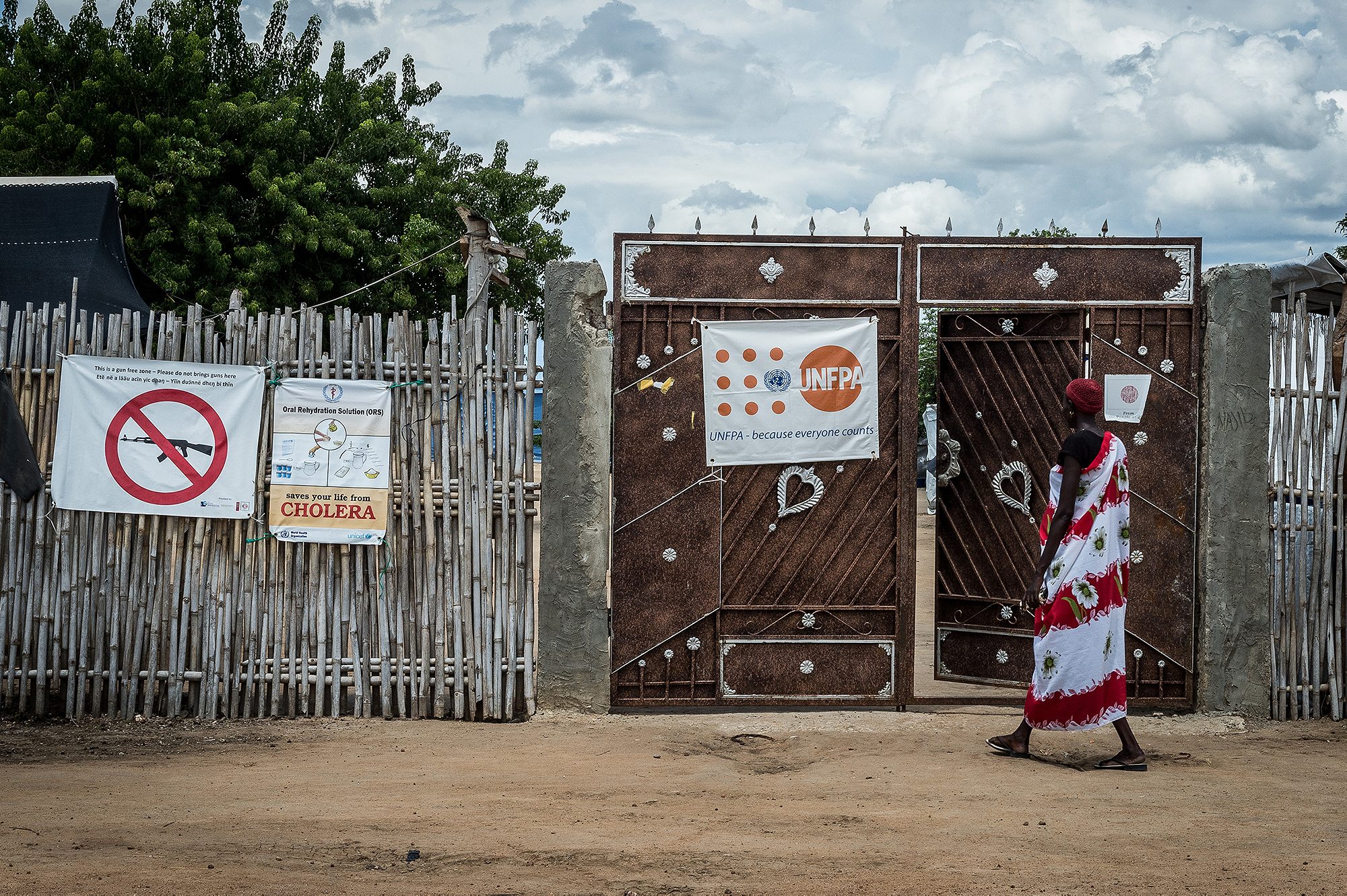
Despite the dire conditions, people in Abuyung strive for normalcy. “It’s a place for men and women to make connections and get outside their tribes and families,” says Rota. In a culture centered around a bride price system, cattle are incredibly important. But forced from their land, families are unable to maintain their herds and their livelihoods, and are stripped of their only ownership and agency. By documenting the simple respites from a life in war, Rota wants to “give some kind of hope for the country.”
The peace deal signed in August instituted a process to reintegrate the two opposing regimes and their militaries over the following months and years. But despite the power sharing agreement, President Kiir unilaterally divided the 10 states of South Sudan into 28, to ensure an ethnic majority in his power blocs. The issue is now being challenged in South Sudanese courts. Splinter groups have announced they have once again changed their alliances. Riek remains in his home in Addis Ababa, waiting for the advance team to secure his safe arrival. The UN still houses 185,000 civilians too scared to return to their homes. IDPs eat grass to survive the famine that’s ravaging the northern states. And four years on, the world’s newest nation is already being declared a failed experiment. But at least, they say, the war is over.
Corrections: Though IGAD has declared the war over, many international groups and domestic forces deny the announcement. The number of casualties in the initial days of the war remain contested and difficult to map, but thousands still remain under UN protection in Juba. South Sudan follows a bride-price system, not a dowry.
